There are three management options for patients with acoustic neuromas: microsurgical removal, stereotactic radiosurgery, and expectant management.
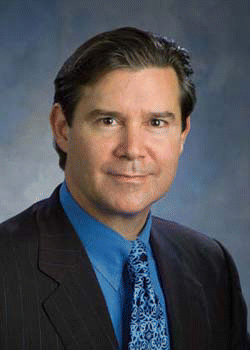

There are three management options for patients with acoustic neuromas: microsurgical removal, stereotactic radiosurgery, and expectant management.


The largest survey to date of patients with allergic rhinitis (AR) and physicians who treat them revealed that patients’ and physicians’ perceptions of this disorder are not always in sync.
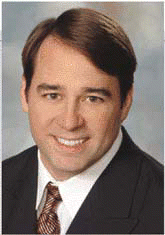
Even in patients with relatively common sinus disease, decision making about endoscopic sinus surgery (ESS) can be difficult, and not all cases are the same.
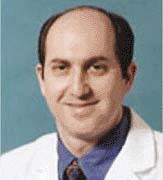
A new era in efforts to treat patients with tissue loss or organ failure is under way, which has the potential to revolutionize the treatment of many diseases and conditions that otolaryngologists treat.
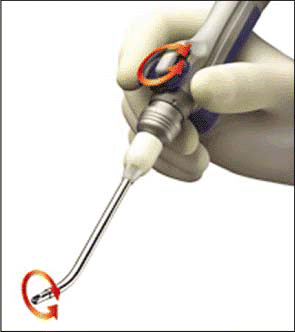
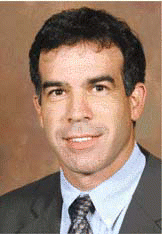
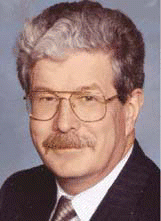
Endoscopic sinus surgery was introduced into the United States more than 20 years ago; over that time period it has undergone significant changes, in terms of both surgical technique and our understanding of the disorder of chronic rhinosinusitis.
Not long ago, physicians routinely decried evidence-based medicine (EBM) as an encroachment on their professional autonomy, a barrier to good patient care, insensitive to health care’s growing complexity, and at odds with the transcendent value of the physician-patient relationship.

Although voice therapy is commonly used as an initial treatment for vocal fold nodules, its role in the treatment of vocal fold polyps and cysts is less defined.